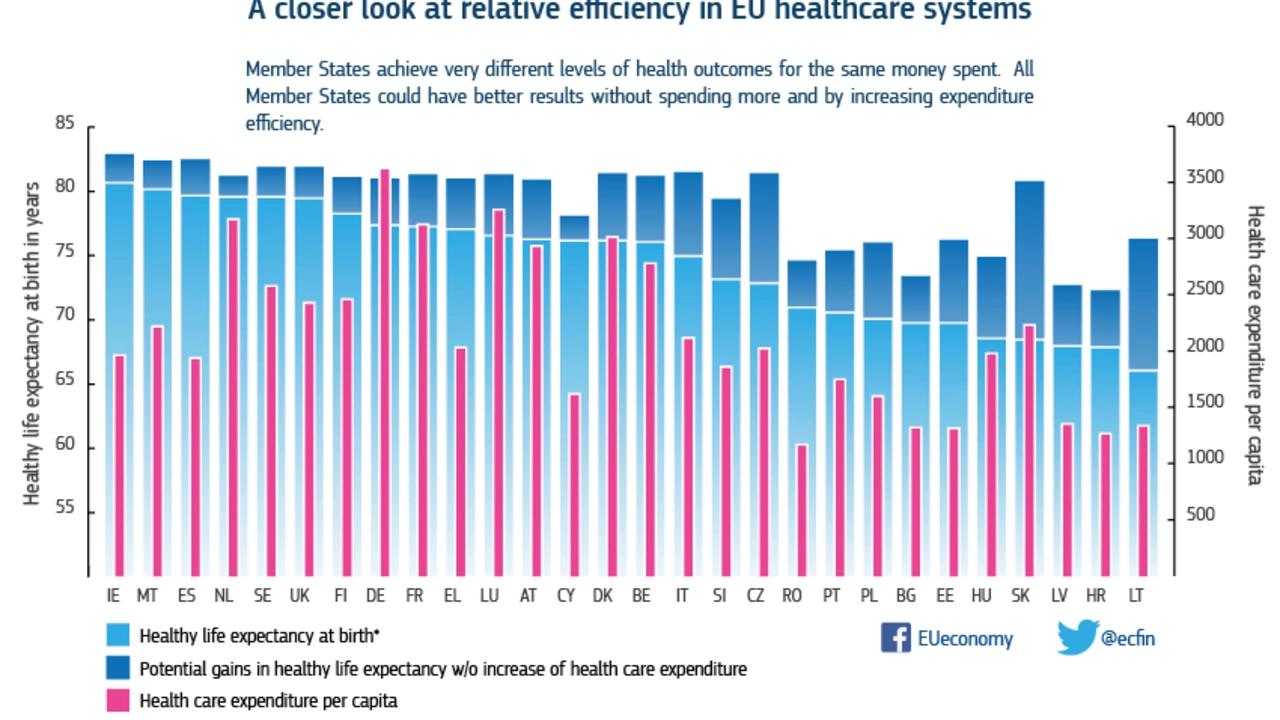Why Is Universal Health Care So Cheap?
Ever wondered why some countries spend far less on health care while still offering everyone coverage? The answer isn’t magic – it’s a mix of smart buying, prevention, and stripped‑down bureaucracy. Let’s break it down in plain terms.
Bulk buying and economies of scale
Think of a grocery store that orders a thousand boxes of cereal at a discount. The same idea works for health care. When a whole nation negotiates drug prices, medical supplies, or equipment, the supplier knows they’re getting a massive order and drops the price. This bulk purchasing slashes per‑unit costs, making medicines and devices cheaper for everyone.
Prevention over treatment
Imagine you fix a leaky faucet before the whole roof collapses. Universal systems push preventive care – regular check‑ups, vaccinations, early screenings – so people stay healthy longer. Fewer emergencies mean lower overall spending, because treating a simple flu is far cheaper than handling advanced heart disease.
Another cost‑saver is a single set of rules. Instead of juggling dozens of private insurers with different paperwork, a universal system uses one standard form and one set of guidelines. This cuts admin time, reduces mistakes, and eliminates the need for a “decoder ring” to understand your coverage.
Shared risk spreads the financial load. When everyone pays a modest tax or contribution, the system can cover expensive treatments for a few without bankrupting anyone. It’s like pooling money for a community garden – each person chips in a little, and everyone enjoys fresh veggies.
Look at the UK’s NHS or Canada’s health system. Both rank high on health outcomes but spend a lower percentage of GDP on health care than the US. Their success isn’t because they skimp on quality; it’s because they leverage bulk deals, prioritize prevention, and keep bureaucracy lean.
Of course, no system is perfect. Critics point to longer wait times or limited choice. Yet many argue the trade‑off is worth it: universal access, lower overall costs, and a healthier population overall.
Bottom line: universal health care gets cheap by buying in bulk, keeping people healthy, and running a simple, shared‑risk model. If you’re curious about how these ideas could work in your own practice or community, start by examining where you can bulk‑order supplies and how you can shift focus to preventive services. Small changes add up, and that’s the secret behind the lower price tag.
Why is universal health care so cheap?
- Kaius Sterling
- August 3, 2023
- 0 Comments
Alright folks, prepare to have your minds blown, because we're diving into the world of universal health care. It's like buying wholesale - when everyone's in on it, the cost per person goes down, just like when you buy toilet paper in bulk. It's also about prevention - keeping people healthy is cheaper than treating them when they're sick. You know, like changing your car's oil instead of waiting for the engine to blow up. And let's not forget the simplicity - one system, one set of rules, no need for a decoder ring to understand your health insurance plan. So, let's all go for a check-up, shall we? It's cheaper than you think!
read more